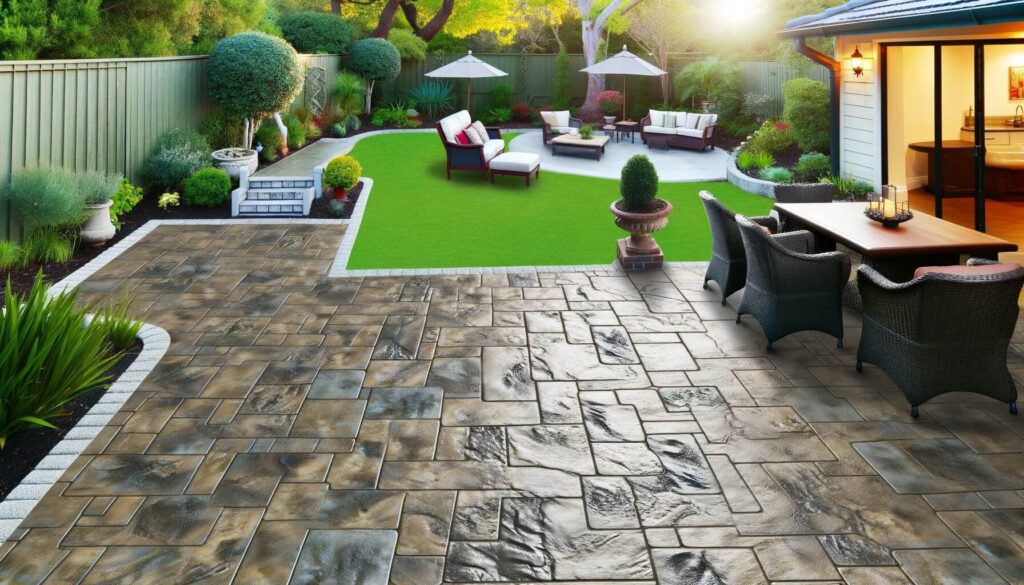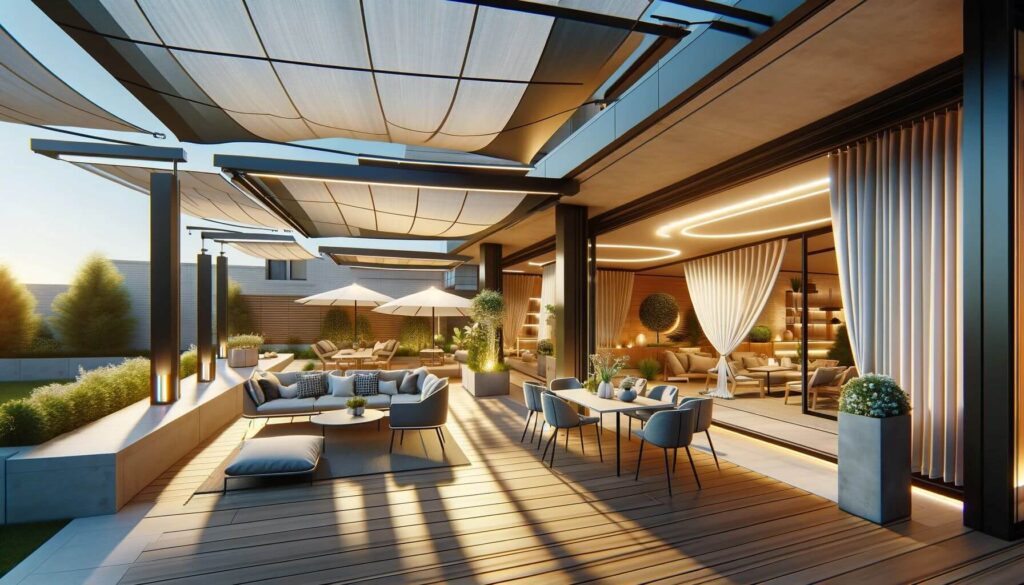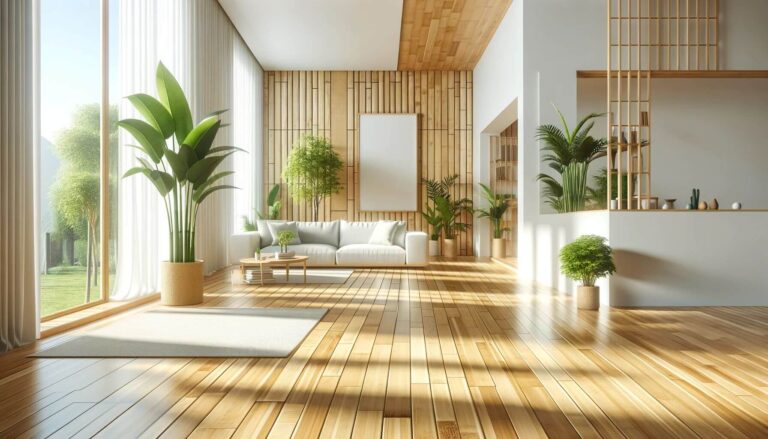
Choosing the right waterproof outdoor balcony flooring is essential. This choice not only impacts the look and feel of your space but also its longevity and ease of maintenance. In this article, we will explore the importance of selecting the best flooring options, their benefits, and the various types available.
Choosing the Right Flooring for Outdoor Balconies
Outdoor balconies face various weather conditions, from intense sun to heavy rain. Thus, selecting waterproof flooring is crucial to prevent water damage and ensure durability. Waterproof flooring can also save you money on repairs and maintenance in the long run.
Overview of Waterproofing Benefits
Waterproof flooring for balconies offers several advantages. It prevents water penetration, reducing the risk of mold, mildew, and structural damage. Moreover, waterproof floors are generally easier to clean and maintain, enhancing the overall usability of your outdoor space.
Types of Waterproof Outdoor Balcony Flooring
1. Ceramic and Porcelain Tiles

Pros: Ceramic and porcelain tiles are highly durable and available in a variety of designs, allowing for customization of your balcony.
Cons: These tiles can be complex to install and might become slippery when wet, posing a safety risk.
2. Composite Decking

Pros: Composite decking mimics the look of natural wood yet requires little maintenance. It’s easy to install and durable.
Cons: This option may be more expensive compared to other flooring types, which could be a consideration for budget-conscious homeowners.
3. Concrete Flooring

Pros: Concrete is incredibly durable and offers numerous finishing options to match any decor.
Cons: Being a hard surface, concrete may require sealing to maintain its look and waterproof qualities.
4. Rubber Flooring

Pros: Rubber flooring is slip-resistant and offers good resistance to water, making it ideal for wet environments.
Cons: It tends to have limited aesthetic options, which might not suit all design preferences.
5. Vinyl Decking

Pros: Vinyl is cost-effective and easy to clean, making it a practical choice for many.
Cons: However, it can be susceptible to damage from sharp objects or extreme temperatures, which may limit its longevity.
What to Consider When Choosing Waterproof Balcony Flooring
When selecting flooring for your balcony, consider the following features to ensure you choose the best option for your needs:
- Weather Resistance: The flooring should withstand your local climate conditions.
- Slip Resistance: Safety is key, especially in wet conditions.
- Aesthetic Appeal: Choose a flooring that complements your home’s exterior.
- Maintenance Requirements: Choose flooring that is easy to care for and maintain over time.
Cost of Balcony Waterproof Floor
The cost of waterproof balcony flooring varies widely depending on the material and installation method chosen. While ceramic tiles and composite decking tend to be on the higher end of the price spectrum, vinyl decking and rubber flooring can offer more budget-friendly options.
Installation Tips for Waterproof Balcony Flooring

Preparing the Balcony Surface: Ensure the surface is clean, level, and free of any debris or damage before installation to achieve the best results.
Proper Drainage Considerations: Good drainage is critical to prevent water accumulation, which can lead to damage over time. Ensure that your flooring choice complements the existing drainage system or consider upgrading it if necessary.
Hiring a Professional vs. DIY Installation: While DIY projects can save money, professional installation ensures that the job is done right the first time and can prevent costly mistakes. Evaluate your skills and the complexity of the project before deciding.
Maintenance and Care
Routine Cleaning Tips: Regular cleaning with appropriate cleaners can keep your flooring looking new and prevent buildup of dirt and grime.
Addressing Repairs: Promptly repair any damage to prevent further deterioration, especially in waterproof materials which can be susceptible to leaks if breached.
Seasonal Considerations for Different Materials: Different materials may require specific care during extreme weather; for instance, sealing concrete before winter can prevent frost damage.
Essence of Waterproof Outdoor Balcony Flooring
Choosing the right waterproof flooring for your outdoor balcony is crucial for ensuring durability and ease of maintenance. Consider the specific needs of your home and the aesthetic you wish to achieve to make the best decision for your space.
FAQ Waterproof Outdoor Balcony Flooring
- What is the most affordable waterproof outdoor balcony flooring?
Vinyl decking often offers the most cost-effective solution for waterproof outdoor flooring, providing durability at a lower price point. - How long does waterproof balcony flooring last?
Most waterproof flooring options can last anywhere from 15 to 25 years, depending on the material and maintenance. - Can I install waterproof balcony flooring myself?
Some materials, like composite decking or vinyl tiles, are DIY-friendly. However, for materials like ceramic tiles, professional installation is recommended. - What is the best flooring option for high-traffic balconies?
Composite decking and porcelain tiles are excellent for high-traffic areas due to their durability and ease of maintenance. - How do I maintain ceramic tiles on an outdoor balcony?
Regularly sweep and wash ceramic tiles and check grout lines annually to ensure they are sealed and intact. - What are the environmental considerations of different flooring materials?
Materials like composite decking are often made from recycled plastics and wood fibers, making them an eco-friendlier choice. - How do weather conditions affect balcony flooring choices?
Extreme temperatures and moisture levels can influence the durability and performance of flooring materials, so choose one that suits your local climate. - Is rubber flooring safe for homes with pets?
Yes, rubber flooring is safe for pets. It’s durable and provides a non-slip surface, reducing the risk of injuries. - Can vinyl decking withstand heavy furniture?
Vinyl decking can support heavy furniture but use protective pads under legs to prevent punctures or scratches. - What are the signs that balcony flooring needs to be replaced?
Signs include noticeable wear and tear, cracks, fading, and water damage. Regular inspections can help catch these issues early.



